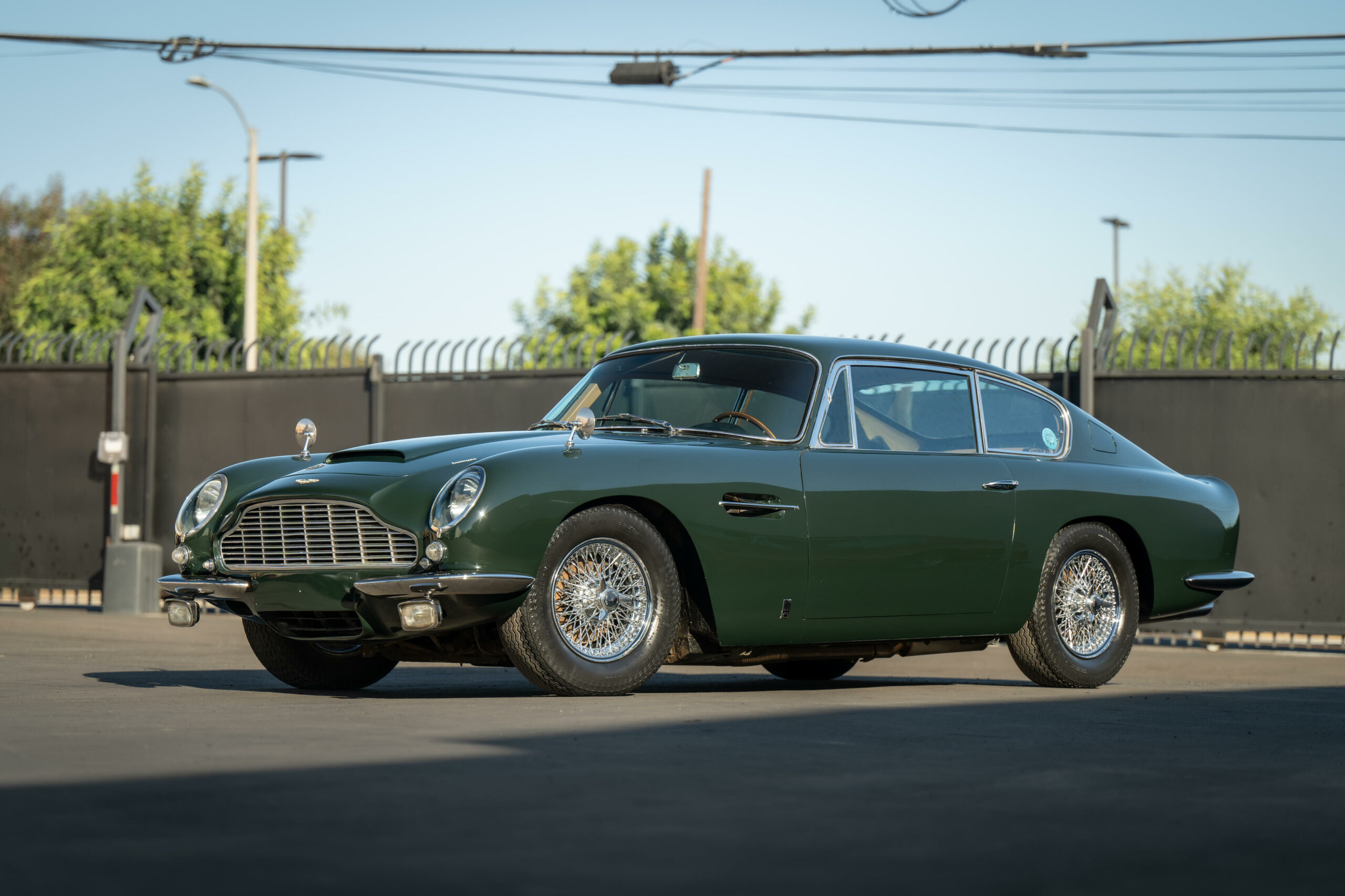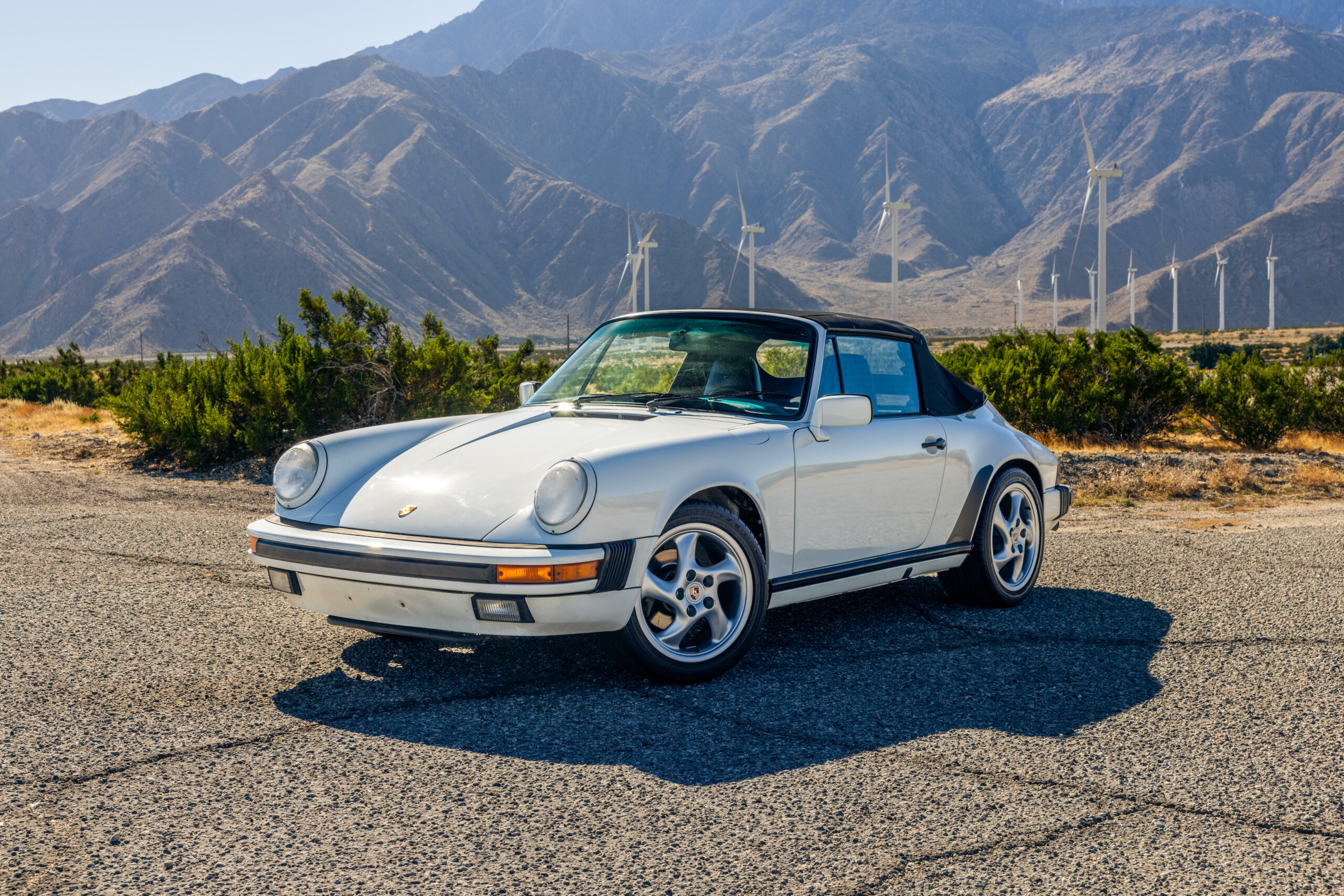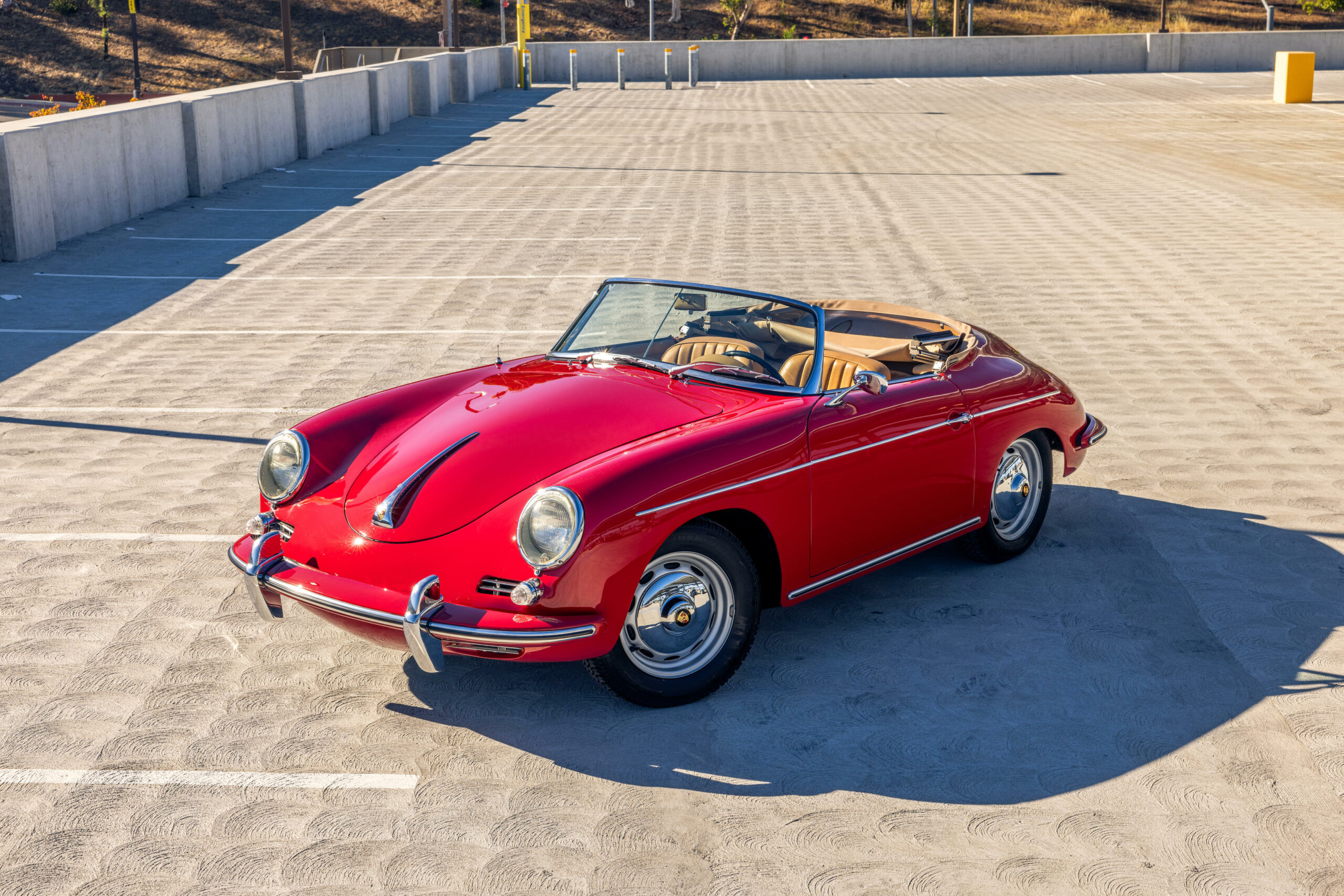Categories
- 1910s
- 1920s
- 1930s
- 1940s
- 1950s
- 1960s
- 1970s
- 1980s
- 1990s
- 2000s
- AMC
- Aston Martin
- Autobianchi
- Bentley
- BMW
- Bristol
- Buick
- Cadillac
- Chevy
- Chrysler
- Citroen
- Classic Cars
- Classic Hot Rods
- Classic Muscle Cars
- Classic Sports Cars
- Cunningham
- Davis
- Duesenberg
- Edsel
- Facel Vega
- Ferrari
- Fiat
- Ford
- Ghia
- Hillman
- Hudson
- Jaguar
- Kaiser
- Lamborghini
- Luxury Car
- Maserati
- Mercedes-Benz
- Moretti
- Packard
- Panhard
- Plymouth
- Porsche
- Reliant
- Rolls-Royce
- Studebaker
- Toyota
- Uncategorized
- Vespa
- Volvo
- Wolseley
The history of Porsche is a story of German engineering excellence, innovation, and a relentless pursuit of high-performance sports cars. Founded by Ferdinand Porsche in 1931, the company has become synonymous with precision engineering and iconic sports car design.
Ferdinand Porsche, an accomplished engineer, established Dr. Ing. h.c. F. Porsche GmbH in Stuttgart, Germany, with a focus on automotive and consulting services. One of the company’s early achievements was the design of the Volkswagen Beetle, an iconic and enduring car that became one of the most recognizable vehicles in automotive history.
In 1948, Ferdinand Porsche’s son, Ferry Porsche, introduced the Porsche 356, the company’s first production sports car. The 356 featured a rear-engine, rear-wheel-drive layout and was an instant success, setting the stage for Porsche’s reputation as a sports car manufacturer.
The Porsche 356 was followed by the Porsche 911 in 1963, one of the most iconic and enduring sports cars in the world. The 911’s distinctive design, rear-engine layout, and exceptional performance have made it a symbol of Porsche’s commitment to engineering excellence and driving pleasure.
Throughout the 20th century, Porsche continued to innovate, both on the road and on the racetrack. The company’s success in motorsport, particularly in events like the 24 Hours of Le Mans and the World Sportscar Championship, solidified its reputation as a dominant force in racing.
Porsche also introduced other notable models like the Porsche 914, Porsche 924, and Porsche 928, expanding its lineup to include a range of sports cars, including front-engine and mid-engine designs.
In the 21st century, Porsche continued to push the boundaries of performance with models like the Porsche Carrera GT and the Porsche 918 Spyder, both hybrid supercars that showcased the brand’s commitment to innovation and sustainability.
The introduction of the Porsche Cayenne SUV in the early 2000s marked the brand’s venture into the utility vehicle market. The Cayenne became a commercial success, providing Porsche with the financial stability to continue producing high-performance sports cars.
Porsche’s commitment to electric mobility led to the development of the Porsche Taycan, an all-electric sports car that combines performance with cutting-edge electric technology.
Today, Porsche offers a diverse lineup of sports cars, including the 911, Cayman, Boxster, and Panamera, as well as SUVs like the Cayenne and Macan. The brand’s iconic crest logo, featuring a prancing horse and Stuttgart’s coat of arms, reflects its long-standing commitment to performance, precision, and innovation.
Porsche’s legacy is marked by its ability to combine engineering excellence with timeless design, making it a symbol of automotive passion and performance around the world.






